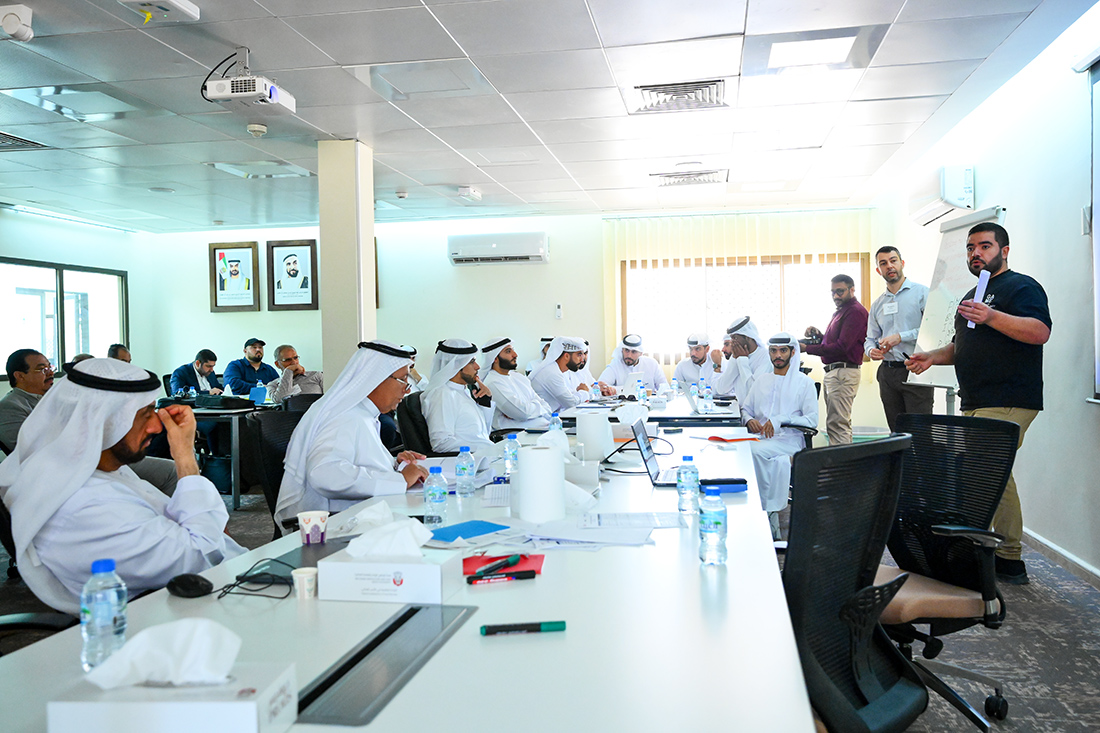There is nothing quite like the taste and freshness of homegrown vegetables. While growing them in the South can be a challenge – thanks to weeds, disease and insects – many of us prefer a more simplistic, environmentally-friendly approach to growing our veggies.
Not to say an organic approach is the only way to grow produce. Chemical alternatives used correctly can certainly aid some gardeners and are no doubt vital in the commercial side of feeding our nation. However, in my two decades of gardening, I have found chemical dependence can be greatly reduced or eliminated by following sound management practices in the garden.
Soil care
The strongest characteristic of a successful organic gardener is soil care. This is perhaps one of the single most important factors to preventing pests and problems in the garden. A stressed plant that grows slowly because of soil problems will likely be a target of disease and insects. And it may not survive.
Soil care starts with adding generous amounts of organic matter to your planting site. Buying one or two bags of top soil or manure and dusting you garden plot with a fraction of an inch of amendment will not get the job done. Think in terms of adding 4 to 6 inches of a good, weed-free amendment and then till this deeply into the native soil.
I added a foot of good top soil to my garden a few years ago, and it has done wonders for my crop. Since then, I’ve seen increased and faster germination of seeds, increased yield per plant and better resistance in times of drought or too much rain.
Fertilizer
One of the greatest debates among gardeners comes in the area of fertilization. True organic growers rely totally on natural materials such as stable manures, fish meal, bone meal and others. Other semi-organic growers, such as myself, draw the line at using chemical pesticides but don’t mind throwing in a little synthetic fertilizer to supplement the organic.
Many folks don’t realize our plants are unable to tell a difference in the original source of nutrients they absorb. Nitrogen is nitrogen to a plant.
The only real benefit of using organic fertilizer sources is they amend the soil and make a better root environment. They also must be broken down by organisms before they can be used as nutrients by plants. This can be a benefit as they supply nutrients to plants for much longer periods of time without frequent applications. There is also less chance of burning roots with organic fertilizers since they are less soluble.
If there is a drawback to using organic fertilizers, it is because the nutrient content of most organic fertilizers is very low. It can take a lot of manure and bone meal to equal a small quantity of synthetic fertilizer. Where a common commercial synthetic fertilizer may contain 10 percent nitrogen, 10 percent phosphorous and 10 percent potassium, the average organic fertilizer may be closer to a ratio of 2:1:1 for these same elements.
It would be nice to have a horse or cattle farm lined up in advance if you plan to use organic forms of fertilizers only.



